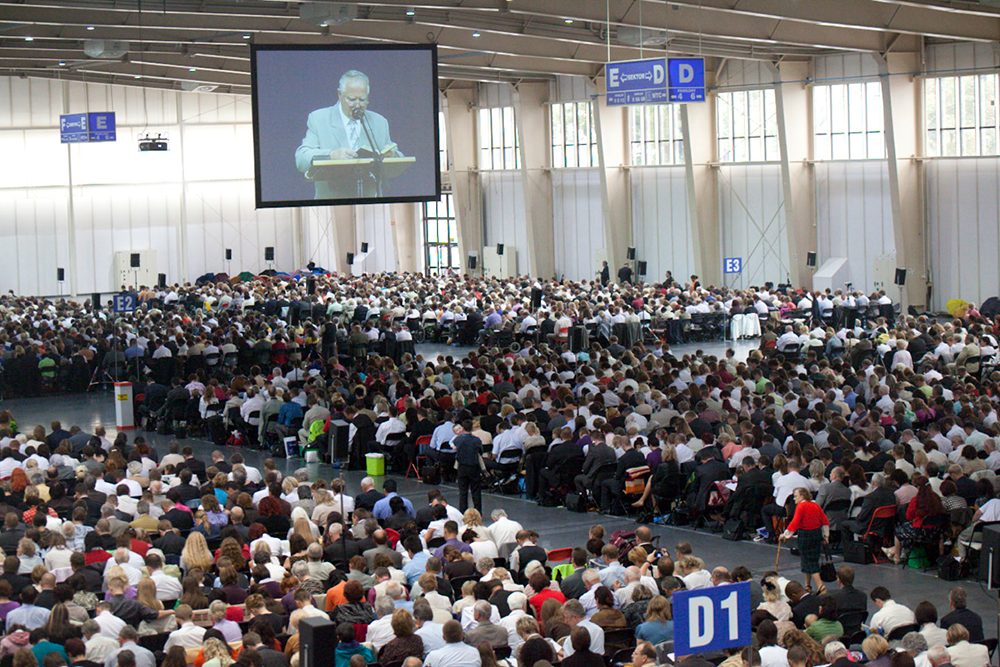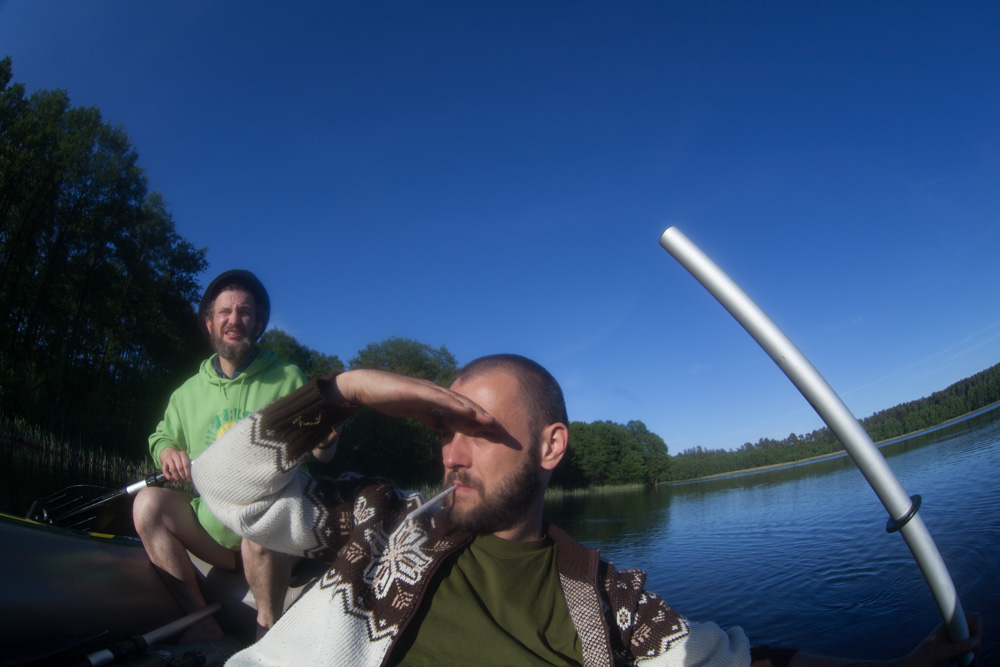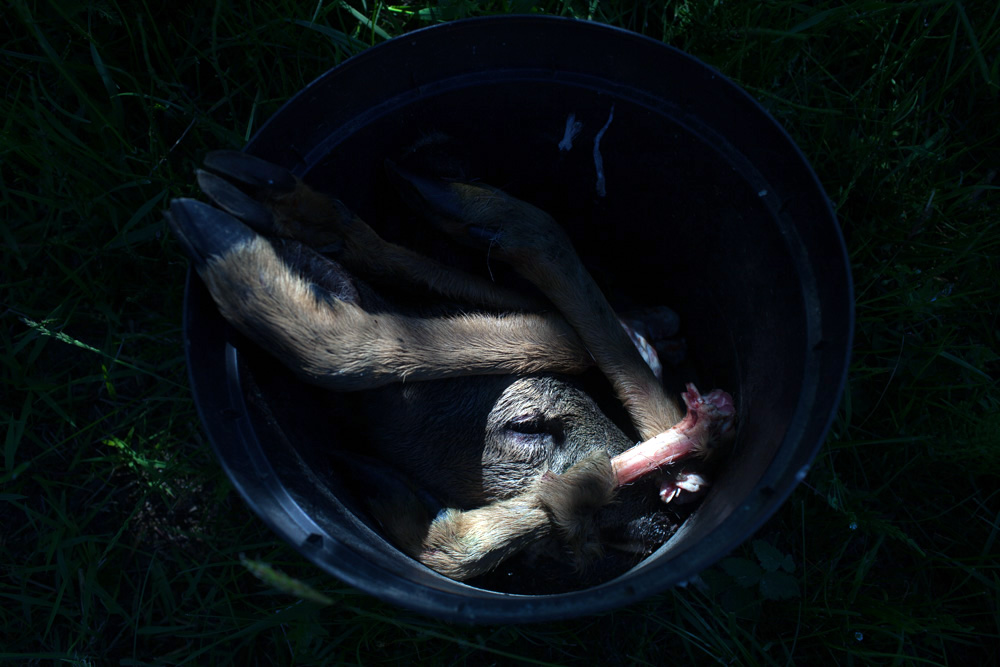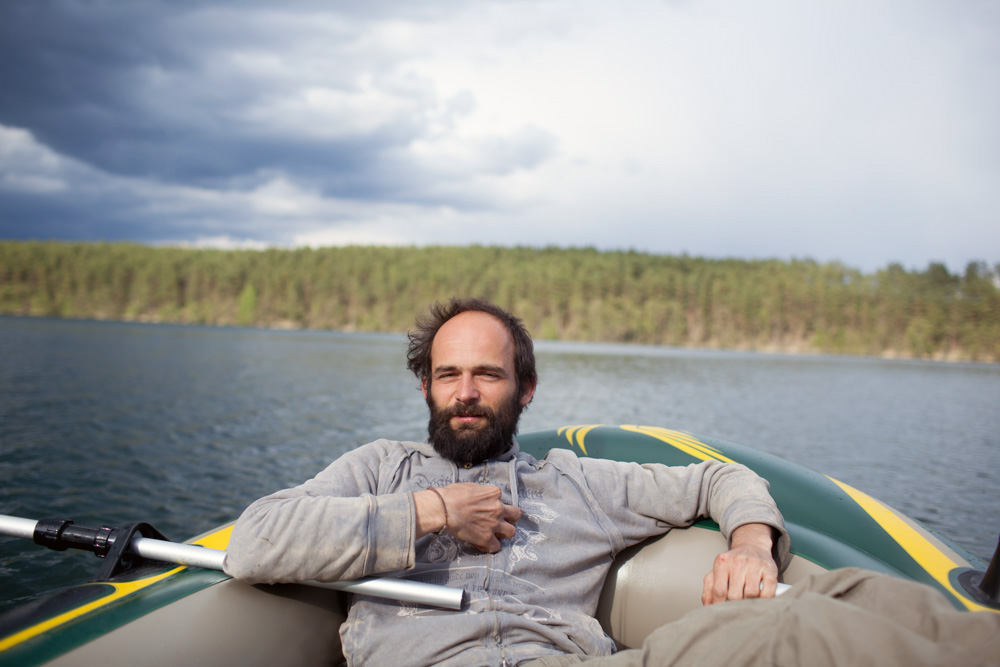As I believe in truth hidden in paradoxes, here’s a bunch of letters to tell you – don’t read! talk, watch and feel. Writing is symbols for thoughts and thoughts symbols for reality, better drink from the source.
…
Ponieważ wierzę w prawdę ukrytą w paradoksach, oto poniżej garść liter mówiących – nie czytaj! Gadaj, patrz, czuj. Pismo jest symbolem myśli, a myśli mapą – symbolami rzeczywistości, lepiej pić prosto ze źródła.
The Satanic Spirit of Science (an excerpt from Chapter 6 of Trialogues at the Edge of the West by McKenna, Ralph Abraham and Rupert Sheldrake):
“Linearity in print and thought has made language unable to deal with the invisible world in any meaningful way, except as pathology. Now this invisible world is returning to the language through people like us with one foot in each world.”
…
Linearność druku i myśli sprawiła, że język jest niesprawny przy opisaniu niewidzialnego świata w jakikolwiek sensowny sposób, inny niż przedstawienie go jako patologię. Teraz ten niewidzialny świat wraca do języka poprzez ludzi takich jak my, z jedną stopą w każdym ze światów.
—-
Print and linearity and what’s called “fear bias” for language is what has shattered our sense of ourselves as a collectivity. A positive way of putting it is to say, it’s also what created the idea of democracy – individual freedom, labor unions, the vote, all of these atomized notions of human obligation and political participation arise out of print. But, so do ideas, like, that we are all alike because letters from printing presses on pages are all alike. The idea that products should be mass produced out of mass produced sub units, this is a print-head notion. It could never have occurred to anyone outside of a printing press culture and never has. These ideas have imparted to our existence a tremendous material opulence and intellectual poverty and spiritual uniformity.
…
Druk i związana z nim liniowość myślenia oraz oparte na strachu uprzedzenia są tym co zniszczyło nasze poczucie wspólnoty. Opisując to od pozytywnej strony – to jest też to, co stworzyło ideę demokracji – jednostkowa wolność, związki zawodowe, głosowanie, wszystkie te zatomizowane pojęcia ludzkich zobowiązań i politycznego uczestnictwa powstają na fundamencie druku. Ale także takie pomysły jak to, że jesteśmy jednacy, bo litery jakie produkuje na stronach maszyna drukarska są jednakowe. Idea, że produkty powinny być masowo wytwarzane z masowo wytwarzanych półproduktów, to jest pomysł łepetyny naładowanej drukiem. Nikomu spoza tej kultury druku nie przyszłoby coś takiego do głowy i nigdy nie przyszło. Te idee przyniosły do naszej egzystencji niezwykłą materialną obfitość i duchowe ujednolicenie.
“You have to take seriously the notion that understanding the universe is your responsibility, because the only understanding of the universe that will be useful to you is your own understanding.”
…
Musisz poważnie rozważyć koncepcję, iż zrozumienie wszechświata to twoja własna odpowiedzialność, bo jedyne zrozumienie jakie będzie dla ciebie użyteczne to twoje własne.
“Chaos is what we’ve lost touch with. This is why it is given a bad name. It is feared by the dominant archetype of our world, which is Ego, which clenches because its existence is defined in terms of control.”
…
“Chaos jest czymś z czym straciliśmy kontakt. Dlatego nadaliśmy mu negatywną etykietkę. Obawia się go dominujący archetyp naszego świata, Ego, które zaciska się bo jego istnienie definiuje się poprzez kontrolę”
Nature is not mute; it is man who is deaf.
What you see, I think is the morphogenetic field. The invisible world that holds everything together. Not the net of matter and light, but the net of casuistry — of intentionality, of caring, of hope of dream — of thought. That all is there, but it has been hidden from us for centuries because of the exorcism of the spirit that took place in order to allow science to do business. And that monotonous and ill-considered choice has made us the inheritors of a tradition of existential emptiness — but that has impaled to us to go back to the jungles and recover this thing.
…
Natura nie jest niema, to człowiek jest głuchy.
“To co widzicie, myślę, to pole morfogenetyczne. Ten niewidzialny świat, który trzyma wszystko razem. Nie siatka materii i światła, ale siatka kazuistyki – planowości, dbania, nadziei, marzenia – myśli. To wszystko jest tam, ale było przed nami przez stulecia schowane z powodu egzorcyzmu ducha, jaki został wykonany aby nauka mogła robić swój biznes. I tenże monotonny i nieprzemyślany wybór uczynił nas dziedzicami tradycji egzystencjonalnej pustki – ale to zmusiło nas do powrotu do dżungli i odzyskania tego, co zagubione”
And people have asked me, then… is the goal to make the novel about yourself? I don’t think so. The goal is to become the author of the novel. Then you can write any damn ending you want for your character or any other. And this ‘becoming the author’ is this psychedelic detachment. And suddenly you go from being a chessman on the board to the chessmaster looking at the board. It’s empowering.
…
Ludzie mnie pytają … czy jest zatem celem pisanie powieści o sobie? Nie sądzę… Celem jest stanie się autorem powieści. Wtedy możesz napisać jakiekolwiek przeklęte zakończenie zechcesz, dla swojej postaci czy jakiejkolwiek innej. I to “stawanie się autorem” to jest to psychodeliczne nieprzywiązywanie. I nagle przechodzisz z roli pionka na planszy w szachowego mistrza, spoglądającego z góry na planszę. To daje poczucie mocy.
All quotes / Wszystkie cytaty : Terence McKenna










